Dr. Ghada Al-Jabda is under constant tension these days. After the Palestinian Authority declared a state of emergency on March 5, the doctor became aware that every precaution must be done quickly to protect the population of the Gaza Strip. By the time the first two COVID-19 cases were confirmed on March 22–two travelers who had returned from Pakistan–the head of 22 health centers run by the United Nations Relief and Works Agency for Palestine Refugees, or UNRWA, had already set a great deal in motion to prepare her staff for what was to come, and separate high-risk patients from other sick people. The search for masks, protective clothing and disinfectants was in full swing, but there is a chronic shortage of everything in Gaza, including medicines.
There are only 60 intensive care beds and less than 100 ventilators throughout Gaza, says the 51-year-old physician. This means that if the virus spreads, the Ministry of Health “can only treat a tiny fraction of the people.”
People are desperately thinking about alternatives to ventilation.
With almost two million inhabitants on 365 square kilometers, the Gaza Strip is one of the most densely populated areas in the world. The virus would find easy prey here, as the concept of social distancing can hardly be adhered to here. Social proximity is also important for survival in this conflict region. Seventy percent of Gazans are refugees who lost their homes in the 1948 Arab-Israeli war or their descendants, and more than 500,000 live in eight refugee camps sprawled across the Strip. The living conditions there are not very inviting, and large families often live close together in the barracks-like buildings. All this with little clean water, a miserable sewage system and limited electricity supply. The refugees are dependent on UN aid, which supports them with basic medical care, schooling and food rations.
‘We need a miracle’
Apart from the refugees, the living conditions for the remaining one-third of Gaza’s inhabitants are also precarious due to the Israeli occupation that has lasted for decades. The complete blockade of Gaza imposed by the Israeli and Egyptian government since 2007, and the three wars in which the Israeli military caused massive damage to the infrastructure, have pushed the economy and health care system to the brink of collapse. The extent of the psychological damage, especially among children, is enormous. In 2019, the World Bank reported more than 50 percent unemployment, among young people even 67 percent and among women more than 70 percent. As early as 2015, the United Nations warned that Gaza would be barely habitable from 2020 onwards. The coronavirus is now posing a comprehensive threat to the lives of a society that has been virtually interned in the coastal enclave for 13 years. As is well known, diseases spread particularly quickly in prisons.
“I have been a medical doctor during the last three wars,” says Ghada Al-Jabda, “the coronavirus outbreak could surpass these traumatic experiences.”
Matthias Schmale, the director of UNRWA operations in Gaza, is also alarmed. For four weeks now they have been rehearsing for the emergency. The 276 UNRWA-operated schools were closed, telephone hotlines for the health centers and mobile clinics for high-risk patients were constructed. To avoid crowds food must now be delivered directly to around one million of the poorest refugees – one of the many logistical mammoth tasks. “We are in a race against time,” says Schmale. “Gaza is like a ship on which the virus could spread like wildfire.” Every day, the UN helpers do their best to educate the population through talks, posters, their website and social media.
As of April 20, 15 confirmed cases of coronavirus are registered in Gaza. The number of cases is, however, probably higher, as testing capacities are very limited. And Schmale remains resolute: “Better to be over cautious than sorry in a week or two.” The Hamas government has also become active, at first hesitantly. “They probably feared that they would have to enforce unpopular decisions,” says Raji Sourani, 66, the first Palestinian to be awarded the Alternative Nobel Prize for his commitment to human rights. The head of the Palestinian Centre for Human Rights warned the local leadership early on to act consistently – you are not in the middle of an election campaign! The Human Rights Centre demanded that the authorities take all necessary measures immediately. Schools and universities have been closed for weeks, and some departments of the poorly equipped hospitals were emptied to receive COVID-19 cases. Schools have been turned into quarantine areas. Hotels have also been cleared to make room for emergency treatment, and weekly food markets are prohibited. Yes, even the mosques have stopped worshipping. In supermarkets and shops, protection is being sought.
In the south of the Gaza Strip, close to the border with Egypt, a temporary quarantine station has been set up to house a good 1,500 people – under stressful conditions. There was a scandal when a press spokesman of the Hamas government allowed two journalists to interview the first two infected and nursing staff in the quarantine. The journalists were isolated and the person responsible suspended.
Sourani fears that a catastrophe cannot be prevented without further help from outside – there are still crowds of people here and there, for example in front of banks or in squares. “We need a miracle,” says the father of twins. He is glad that the Autonomy Authority in the West Bank and Hamas in Gaza are finally cooperating at this moment, and that the Israeli government is also showing itself accessible. “According to international law, Israel, as an occupier and besieger, is obliged to guarantee the welfare of the people here. Palestinians and Israelis are now in the same boat. It is also in Israel’s interest to help us,” he said. “This pandemic does not discriminate, it knows no borders, no different skin colors, religions or genders.”
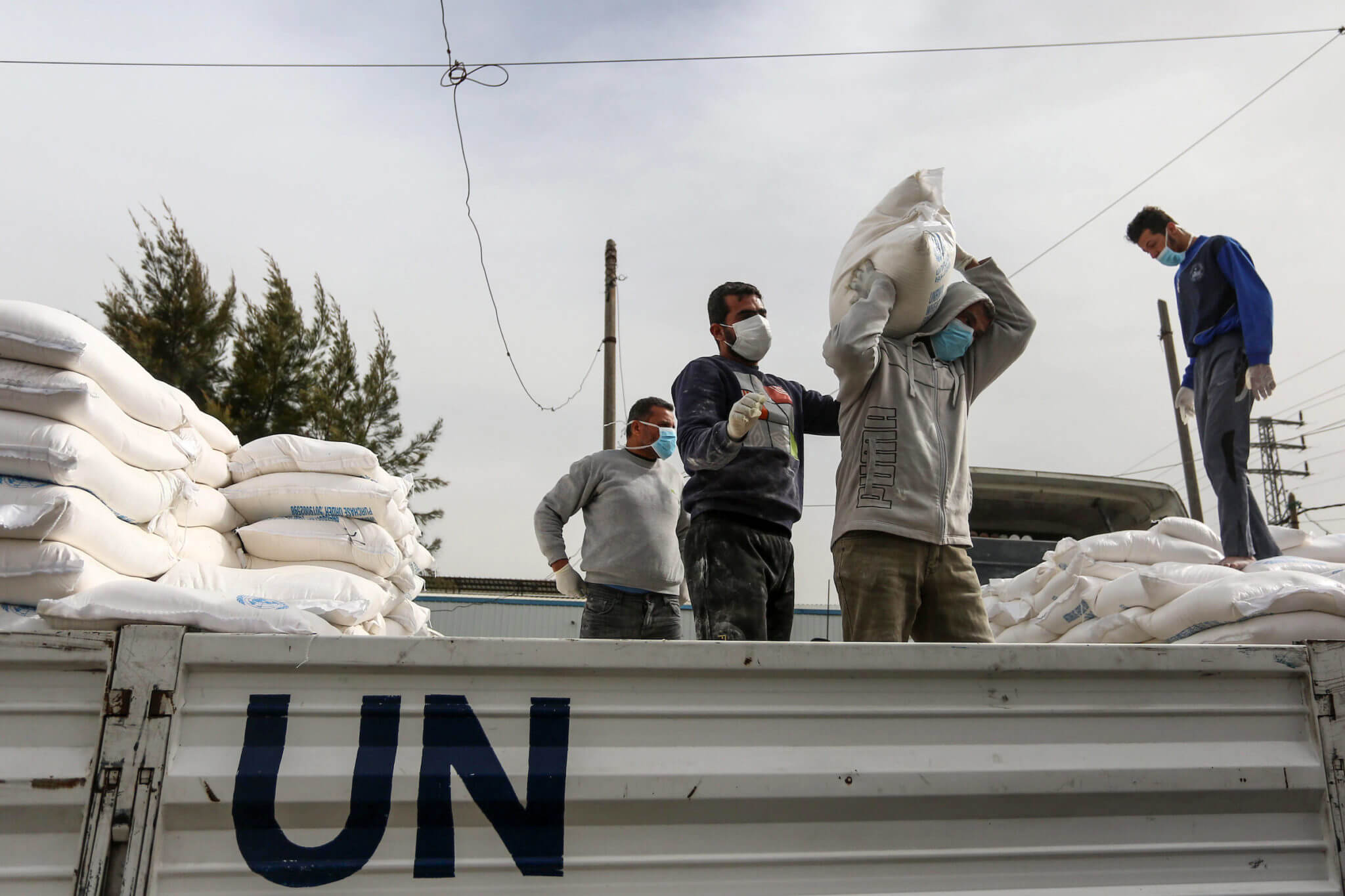
Panic purchases: unknown
Maissa Abdul-Halim works at the Center for Democracy and Conflict Resolution to promote the political participation of women and young people. The 30-year-old observes that women have recently been strengthened in community work. Maissa believes that a lockdown due to the coronavirus will certainly lead to more domestic violence and to the stigmatization of infected persons, especially women.
She now works from home, like most people, in Khan Younis, a town in the south. All restaurants and cafés are closed, only the supermarkets are open, where you can still find everything you need in the assortment, because the Israeli authorities let the deliveries pass at the border. When shopping, Maissa wears gloves and a mask that her father got for her. In Gaza, these are luxury items that only the middle-class can afford. She has close contact only with her family, she is still living in her parents’ house as an unmarried woman, together with three of her six siblings. In the evenings she talks intensively with her father, also a human rights activist. “It may sound strange to someone who comes from Gaza,” says Maissa, “but I told him that I am very sad about what this pandemic is doing to us humans – but at the same time I am glad that the earth can recover.”
Her peer Karama Fadel is disappointed. The English teacher, who has never left the Gaza Strip in her life, let alone boarded an airplane, was full of anticipation for her scholarship in the U.S. – now that has been smashed. Once again, a lot of frustration has to be endured and patience has to be summoned, which is the normal state of affairs for the people here. Karama proudly tells of Mohammed Abu Matar. In his small business, the 33-year-old product designer used a 3D printer to produce valves for ventilators, and face masks. For 15 hours a day he works on developing a fully functional ventilation system and making damaged devices reusable.
Still, fear goes around. But people defy even this challenge. Rami Aman, founder of the Gaza Youth Committee and peace activist, is stubbornly managing online encounters with people all over the world and especially with Israelis. He and other activists are aware that the question of their liberation cause will disappear behind the coronavirus crisis for some time to come. He says that for him, the coronavirus is “just one of many viruses we Palestinians have to deal with.” He wants to show his fellow citizens, who know Israelis only as soldiers, snipers or settlers, that on the other side of the fence there are also people who are in solidarity with them. His virtual meetings are a thorn in the eyes of many Gazans. Rami has been imprisoned several times for his activities. He has learned to live with risks. And he was arrested again on April 9, after a two-hour Zoom conversation with Israelis.
Gaza’s population knows how to deal with existential crises. There is no such thing as panic buying. People have grown up with curfews, and solidarity and creativity have always had a special value. “Hello world, how are you doing with the lockdown? Love from Gaza,” is one of the slogans circulating in the social media. This is a friendly form of sarcasm: humor as a mode of survival. “It is now almost easier for us to deal with this unfamiliar situation than for you Europeans,” says lawyer Sharhabeel Al Zaeem. But in truth, he says, it is sad to say such a thing.
A version of this article was published in the April 9 print edition of the German weekly der Freitag under the headline “Hallo Welt, auch mal isoliert?” and is reprinted with permission.
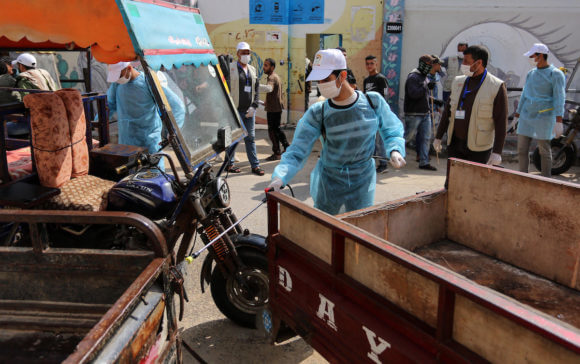
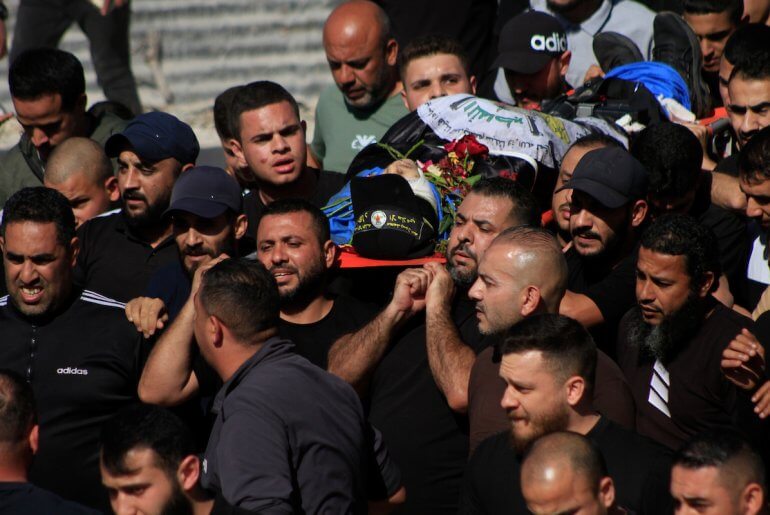
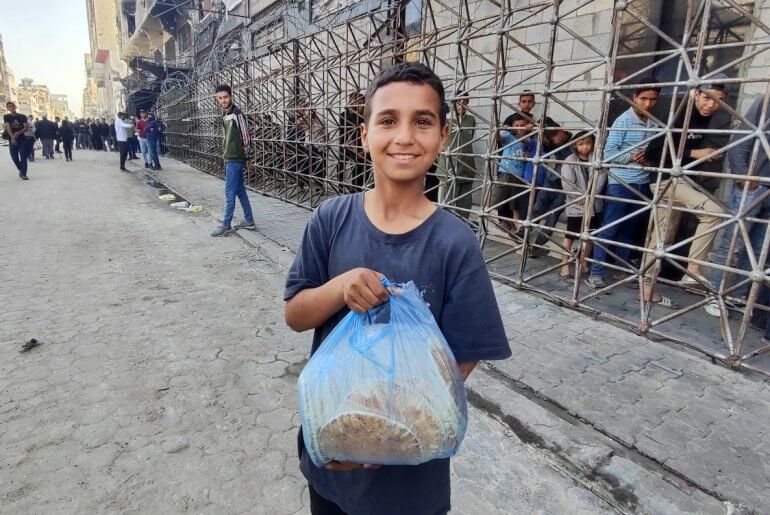
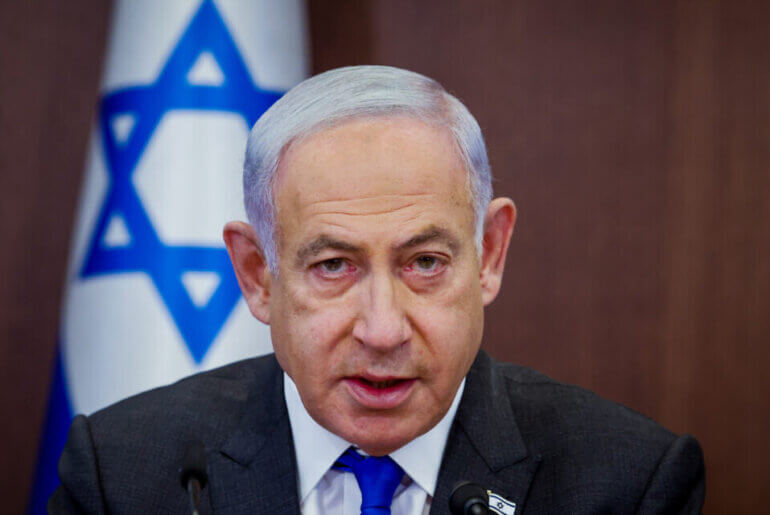
https://www.theguardian.com/world/2020/apr/17/us-aid-palestinians-coronavirus-trump-cut
“US to give Palestinians $5m in coronavirus aid – 1% of what Trump cut”
“President accused of damaging Palestinian ability to cope with pandemic by cutting funding.”
“The Guardian, April 17, 2020 by Oliver Holmes in Jerusalem
EXCERPT:
“The United States has announced it will give $5m to the Palestinians to help them fight the coronavirus epidemic, roughly 1% of the amount Washington provided a year before Donald Trump cut almost all aid.
“The US ambassador to Israel, David Friedman, a former Trump bankruptcy lawyer, announced the aid package on Twitter, saying he was ‘very pleased’ the US would provide money for Palestinian hospitals and households.
“’The USA, as the world’s top humanitarian aid donor, is committed to assisting the Palestinian people, & others worldwide, in this crisis,’ he said.
“Palestinian authorities and charities say the Trump administration is partly to blame for a deteriorating humanitarian situation that leaves them unprepared to face the Covid-19 pandemic, especially in the blockaded Gaza Strip but also the Israeli-occupied West Bank.
“In 2018, Trump gradually cut virtually all US money to Palestinian aid projects after the Palestinian leadership accused him of being biased towards Israel and refused to talk. The US president accused Palestinians of lacking ‘appreciation or respect’.
“That summer, Trump cancelled more than $200m in economic aid. Cuts included $25m earmarked for underfunded East Jerusalem hospitals that are now scrambling to prepare for the Covid-19 crisis.
“Trump also cut funding to the UNRWA, a UN body that supports more than 5 million Palestinian refugees, not only in the Palestinian territories but also war-torn Syria and elsewhere in the Middle East.”